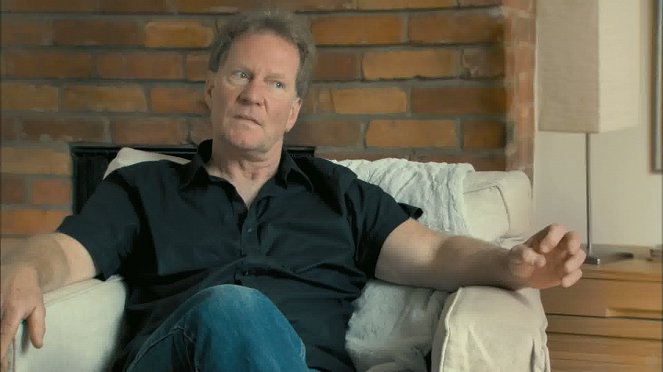Réalisation:
Sarah PolleyScénario:
Sarah PolleyMusique:
Jonathan GoldsmithActeurs·trices:
Sarah Polley, Tom Butler, Christine Horne, Jeanie Calleja, Lani Billard, Jef Mallory, Mairtin O'Carrigan, Deirdre BowenVOD (1)
Résumés(1)
Sarah Polley a une famille (presque) normale... Et presque comme toutes les familles, la sienne cache un secret. Quand Sarah le découvre, alors qu'elle est déjà une actrice nominée aux Oscars et une réalisatrice reconnue, elle décide de se lancer à la recherche de la vérité. Mais quelle vérité ? Celle de ses parents, acteurs comme elle, celle de ses frères et sœurs, celle des amis d'antan ? Jouant les détectives avec une ironie et un naturel désarmants, elle va démêler sous nos yeux la pelote de toutes ces histoires qu'on raconte, et auxquelles on finit par croire. La légende familiale se construit alors sous nos yeux, entre faux-semblants et sincérité, humour et tendresse. A la frontière de plusieurs genres cinématographiques, tordant le cou aux clichés du documentaire et du cinéma vérité, cette œuvre inclassable et si personnelle mêle souvenirs et fiction, mystères et fausses pistes, mensonges et révélations. Bref, l'histoire d'une famille comme les autres ! (Eurozoom)
(plus)Vidéo (3)
Critiques (1)
Sarah Polley’s family history in a performative documentary (we learn about the director’s past through her eyes and together with her) that does not play by the established rules. For approximately eighty minutes, home-video footage of the past is rectified by newly filmed talking heads. These two versions of the same story of love, family, birth and death are complemented by a third version composed of a text read by a man named Michael Polley. It seems as if the filmmaker created this third version in order to have some sort of control over the history of her own conception. However, it becomes apparent in the last third of the film that her degree of control has been greater the whole time than it outwardly appeared. The revelation of the extent of the accuracy of what we have seen so far puts us partly in the position of Polley herself, who has also long believed that things are a little different. This not only reinforces the performative dimension of the work, but also the self-justification of a film that has so far offered been more or less only a fragmented family melodrama, which is beneficial to the members of the large Polley family (the only enhancement being the scenes from the present, shot on 8 mm film to show how, as soon as it is lived, the present becomes part of the immutable past). A full range of thought-provoking questions arise before us, relating either to the desire to grasp one’s personal past by rewriting it with the understanding that we live in stories (as we realise only after the fact) or whether and how we should talk about intimate matters. Despite its ambitious attempt to include as many versions of the story as possible, the documentary answers relatively few of these questions, yet the result is an inspiring essay on the necessity of giving a clearer form to often vague memories, to make them more comprehensible and to better understand ourselves through them. 75%
()
Photos (10)
Photo © Eurozoom


